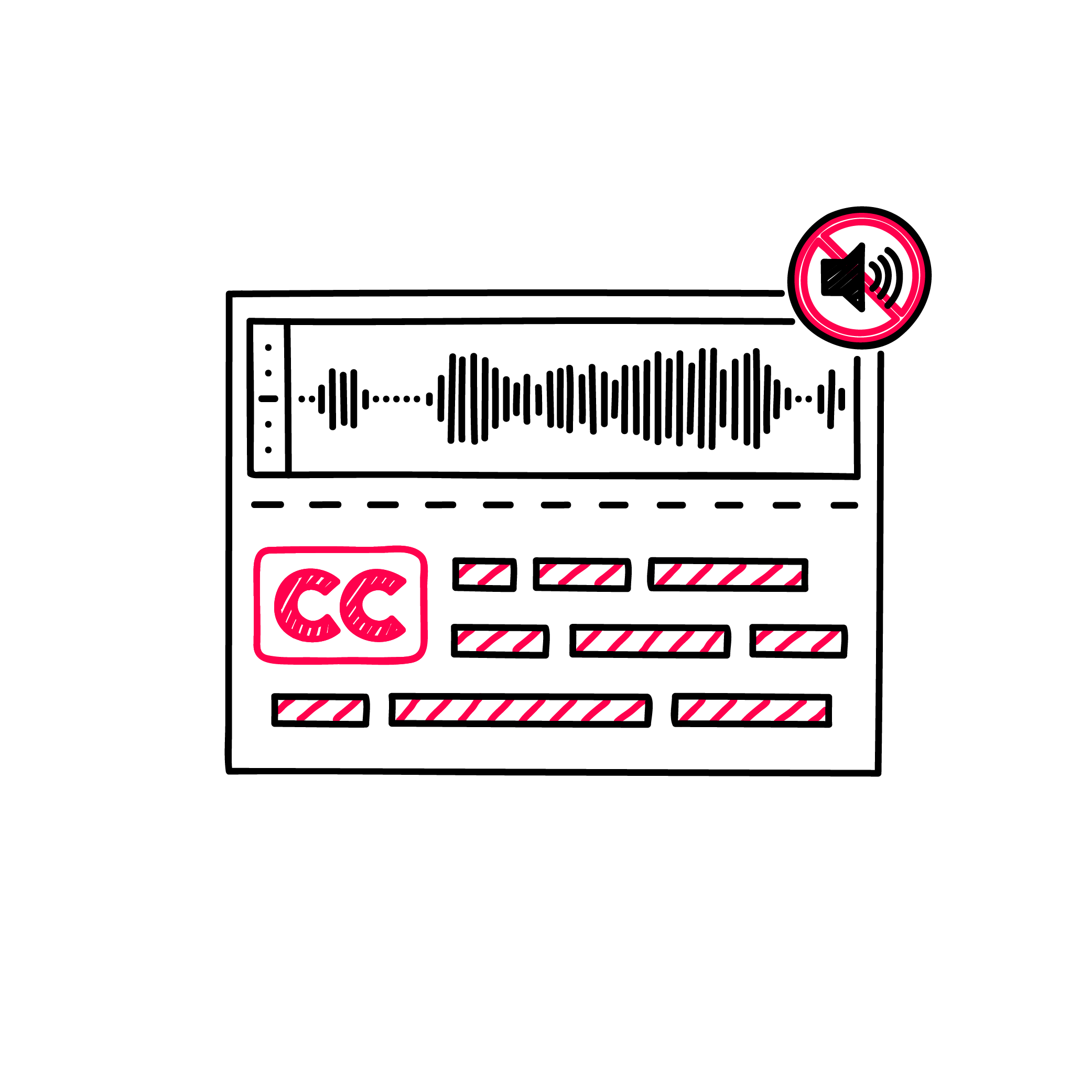Difference between revisions of "Auditory content reproduction"
| Line 23: | Line 23: | ||
__TOC__ | __TOC__ | ||
| − | [[File:AuditoryContentReproduction.png|400px| | + | [[File:AuditoryContentReproduction.png|400px|none|Illustration Auditory Content Reproduction]] |
| − | <div class="text_content | + | <div class="text_content"> |
==simple introduction== | ==simple introduction== | ||
* This section is about audible information. | * This section is about audible information. | ||
Revision as of 11:26, 25 May 2021
| headline | AuditoryContentReproduction |
|---|---|
| headline coordinates | 317.000, 296.379, 0.000 |
| image | /wiki/images/AuditoryContentReproduction.png |
| image coordinates | 0, 0, 0 |
| simple introduction |
|
| simple introduction coordinates | 0, 0, 0 |
| testimonial | 62-year old Martine has been hard of hearing since birth. She knows sign language and can read, but doesn’t understand speech.
Because of the disability accommodations that many colleges now offer, Martine is currently a student again, taking online college courses. For her online courses, video and other media content are of no use to her, if they don’t contain captions. When media is captioned, audio is converted to text, so Martine can read it. Transcripts (written versions of the entire audio or video content) are helpful to Martine too. She can print the transcripts and use them to study or view them on the go from her mobile phone. Ironically, the university has found that these measures have also benefited students without disabilities, and improved their search engine rankings. <a href="https://accessly.io/website-accessiblity-truth-how-people-with-disabilities-use-websites/">Source</a> |
| testimonial coordinates | 0, 0, 0 |
| links to | |
| belongs to | Hearing |
| contains | Auditory_Content_Reproduction_References |
simple introduction
- This section is about audible information.
- Whenever you use sound to communicate information, you should provide other, visible alternatives.
- These alternatives can be subtitles, transcripts or sign language.
testimonial
62-year old Martine has been hard of hearing since birth. She knows sign language and can read, but doesn’t understand speech. Because of the disability accommodations that many colleges now offer, Martine is currently a student again, taking online college courses. For her online courses, video and other media content are of no use to her, if they don’t contain captions. When media is captioned, audio is converted to text, so Martine can read it. Transcripts (written versions of the entire audio or video content) are helpful to Martine too. She can print the transcripts and use them to study or view them on the go from her mobile phone. Ironically, the university has found that these measures have also benefited students without disabilities, and improved their search engine rankings.
Source: https://accessly.io/website-accessiblity-truth-how-people-with-disabilities-use-websites/
